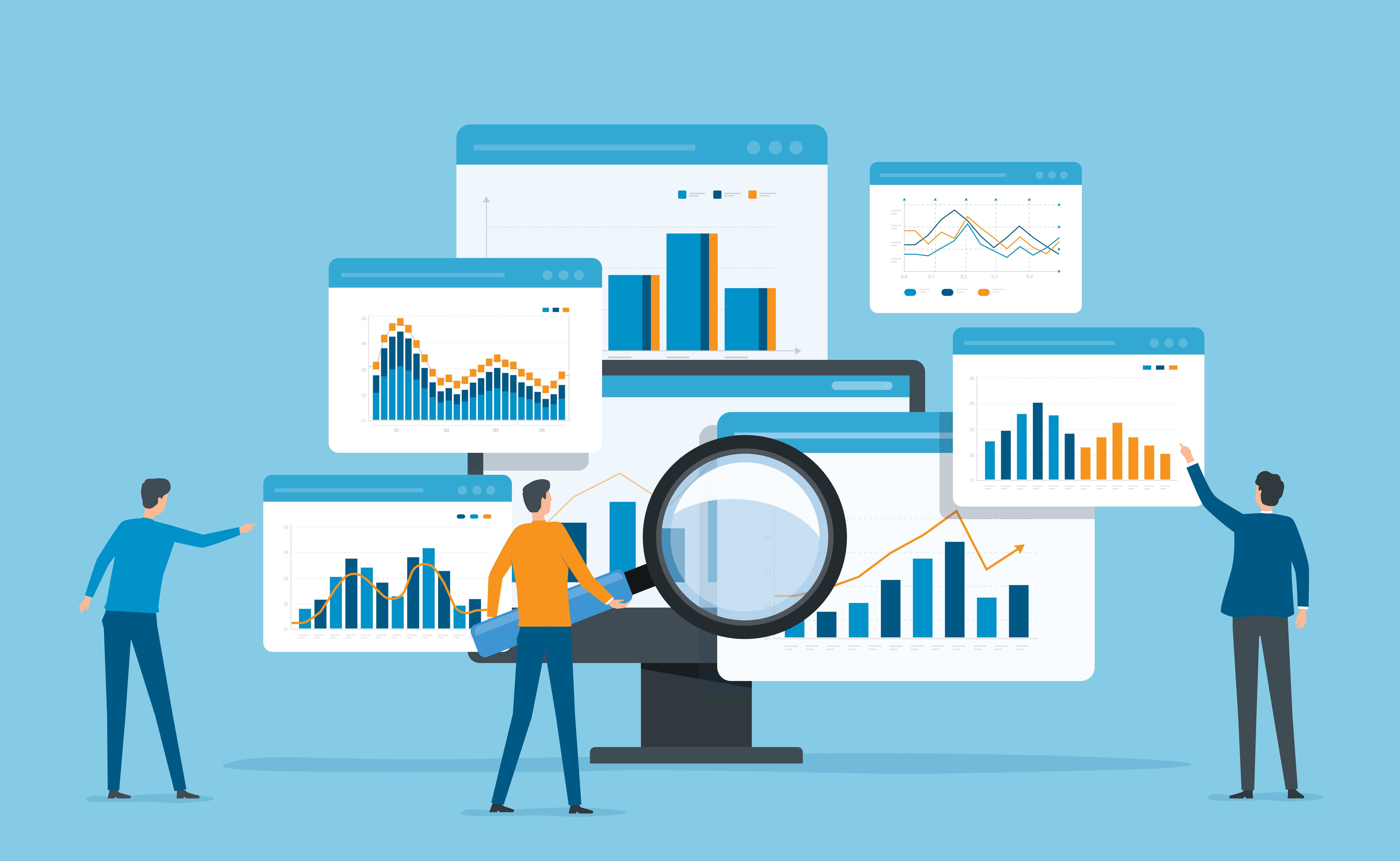Key Takeaways
- Market Trend Analysis: Humphreys emphasized the need for more strategies around market trend analysis to ensure the success and sustainability of the biosimilar market. This includes understanding the pace of approvals and launches for biosimilars over the past decade and analyzing data on therapeutic classes where biosimilars have been approved.
- High-Quality Manufacturing: She highlighted the importance of high-quality manufacturing processes for biosimilars. This is crucial not only for meeting regulatory standards but also for building confidence among providers and patients in the safety and efficacy of biosimilar products.
- Patient Education: Humphreys stressed the significance of patient education in driving biosimilar adoption. This involves developing targeted strategies for different care settings, engaging physicians to increase their confidence in biosimilars, and offering patient assistance programs and co-pay support to help with out-of-pocket costs.
More strategies around market trend analysis, high-quality manufacturing, and patient education are needed to ensure market success and sustainability, according to Sophia Humphreys, PharmD, director of formulary management at Sutter Health.
Humphreys presented during a session called “The Pharmacoeconomics Impacts of Biosimilar Market Expansion” at the Festival of Biologics USA, which was held in San Diego, California, from April 15 to April 17. During her session, she discussed major challenges and opportunities for the US biosimilar market and calls to action for multiple stakeholders.
She began with an overview of the market, highlighting the pace of approvals and launches for biosimilars over the past 10 years. By therapeutic class, 44% of FDA approval for biosimilars have been in immunology, 27% were in curative cancer, 21% were in supportive cancer, 4% were in ophthalmology, and 4% were in diabetes. Humphreys noted that several ustekinumab, natalizumab, and tocilizumab biosimilars are awaiting launch.
Humphreys mentioned an IQVIA report that found that the impact of exclusivity losses will reach $192 billion over the next 5 years, about 30% of which will be due to the availability of biosimilars. Data from Samsung Bioepis’ market report show that average sales prices of molecules have dropped significantly since facing biosimilar competition, showing that biosimilars are delivering the promise of lower prices.
She touched on the US experience with adalimumab biosimilars, which have only obtained 2% share at the 1-year mark despite 10 products on the market. There was immense promise for these biosimilars to break into the reference product Humira’s $21 billion annual revenue.
Humphreys noted the major challenges for biosimilars, including high development costs (range, $100-300 million), rebate and reimbursement structures, payer and pharmacy benefit manager formularies, and lack of provider confidence. She also highlighted that changes to the Medicare 340B program and patient assistance programs can help expand access to patients but more policy changes are needed to enhance biosimilar adoption.
Fortunately, CMS updated its policy for contract year 2025 regarding the Medicare Advantage and Part D Final Rule, allowing all biosimilars to be substituted as formulary maintenance changes. Humphreys championed the change, saying that it will provide Part D sponsors with mechanisms to give enrollees more access to lower-cost medications sooner and improve access to affordable biosimilars and generics.
For the overall biosimilar industry, Humphreys listed some initiatives for stakeholders:
- Work with payers on rebate structures and reimbursement policies to address barriers to biosimilar adoption
- Provide operational support to specialty and retail pharmacies to help with biosimilar promotion and patient education
- Develop targeted strategies for different care settings like vertically integrated pharmacies, integrated delivery networks, and local pharmacies
- Engage physicians through ongoing interactions to increase confidence in biosimilars
- Offer patient assistance programs and co-pay support to help with out-of-pocket costs
- Leverage interchangeability designations under the new FDA approval pathway to more easily switch patients to biosimilars
“These new ultra high-cost medications are coming at us fast and furious…. So, we really want to work together to promote biosimilars and to make conversion, developing, and the promotion easier, not harder,” said Humphreys.
Reference
Humphreys S. The pharmacoeconomics impacts of biosimilar market expansion Presented at: Festival of Biologics USA; April 15-16, 2024; San Diego, CA.

